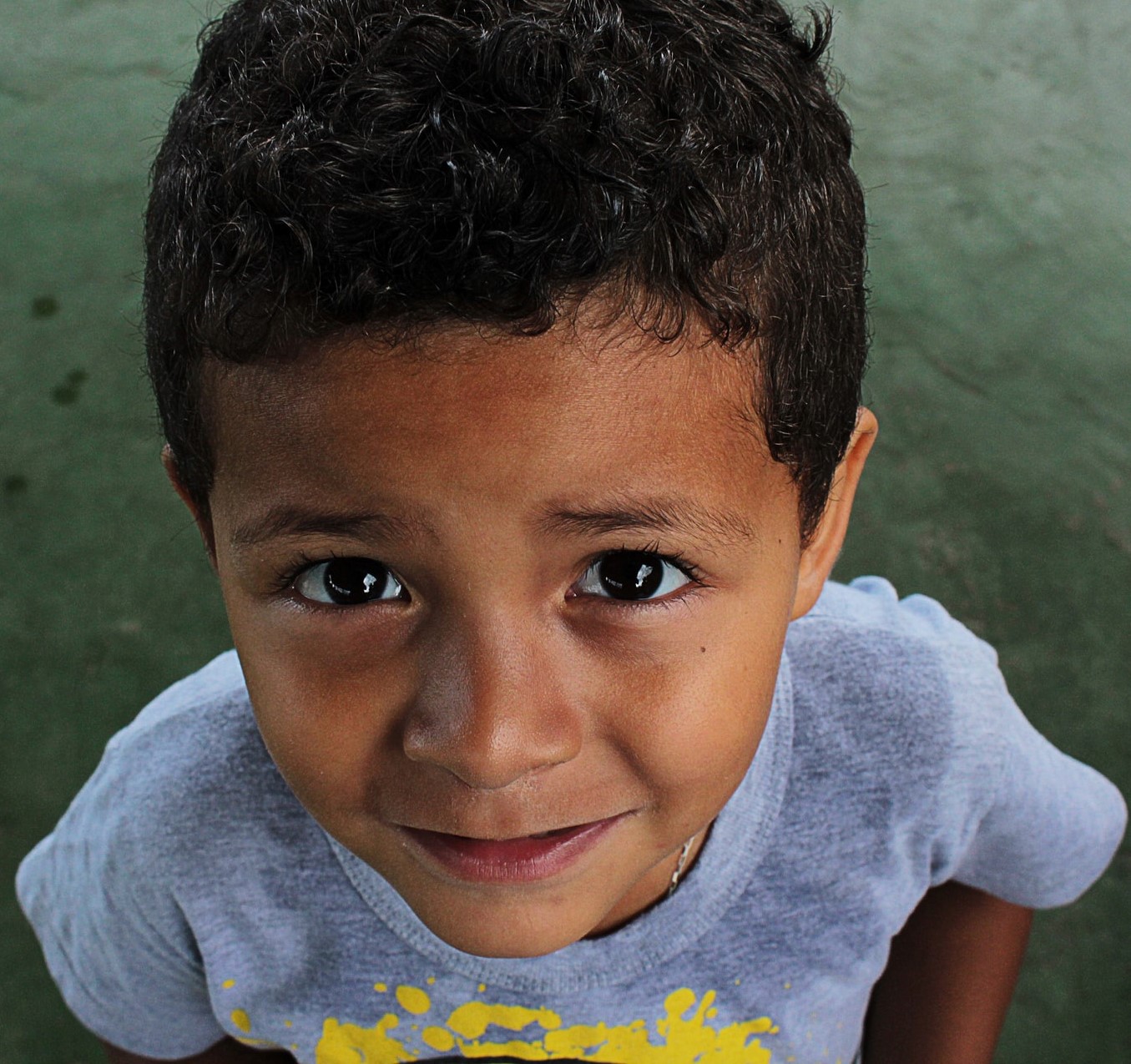The World Bank issued a warning recently claiming that the impact of COVID19 will have a disproportionate impact on the most vulnerable in lower-income countries throughout South America and the Caribbean. Martín Rama, World Bank Chief Economist for the Latin America said that, “Governments across Latin America and the Caribbean face the enormous challenge of both protecting lives and limiting the impact of the economic fallout. This will require coherent, targeted policies on a scale rarely seen before.”
Yet what exactly would these ‘coherent and targeted’ policies look like? Here are a few proposals that aim to be discussion starters rather than definitive answers:
It only makes rational sense that one priority in terms of financial relief should be aimed at small businesses and the self-employed, many of whom have limited financial reserves and cannot afford to sustain themselves or their employees. This would be particularly worsened if the period of inactivity is prolonged (as it seems to be the case in the majority of countries). The IMF recommends that the best vehicle to offer this type of fiscal support are public banks, given their ability to reach firms of all sizes as well as households and local authorities. According to the IMF they can achieve this through “(subsidised) loans and loan guarantees”. Small and medium enterprises will be crucial to the economic recovery so short-term, temporary assistance seems sensible.
Another key area is protecting essential supply chains in delivering food and healthcare. The World Bank warns that fragile supply chains may lead to widespread food shortages. Another issue is the displacement of workers due to a lack of activity in urban areas. Again, the World Bank points out that “…sudden and large-scale loss of low paid work has driven a mass exodus of migrant workers from cities to rural areas, spiking fear that many of them will fall back into poverty.” National governments must do everything to ensure the protection of key supply chains and ensure that those in remote areas have access to basic supplies.
A third measure would be ensuring that the respective national healthcare systems broaden their sources of equipment to accept both public and private contributors. We have seen initiatives to produce innovative ventilators from companies like Tesla in the US and Dyson in the UK. National healthcare systems from around the world will have to be quick in adapting to the crisis by increasing their flexibility (indeed, as many are already doing). It is key that national healthcare systems in low-income countries are as well stocked as possible. Despite the controversies over sourcing and supply of protective equipment it is perfectly reasonable for such contracts to be on a commercial basis and to involve trade between countries. This means supply and demand are met to the benefit of all rather than a narrow protectionism.
From a broader outlook, prospects of a COVID-19 cure seem to be gaining traction. Current trials range from antivirals to antibodies such as: remdesivir, lopinavir/ritonavir (currently authorised as an anti-HIV medicine) chloroquine and hydroxychloroquine (currently authorised against malaria), monoclonal antibodies and others. The challenge of course, remains to ensure the safety and efficacy of any medicinal cure. Greater cooperation must be made at a national and international level to test and develop these drugs. The New York Times reports that “never before, have so many experts in so many countries focused simultaneously on a single topic and with such urgency. Nearly all other research has ground to a halt.”
The process of developing a cure must be streamlined and streamlined quickly. Yet this needn’t be a top-heavy approach – scientists will find the cure, not politicians. Indeed, it may be private companies in the biomedical sector that are at the forefront with a responsiveness and nimbleness that is often not present in the public sector. Partnership is needed. Our representatives in power must ensure that they facilitate this exchange of information and work towards a feasible solution. Failure to do so may result in grimmer outcomes than the pundits suggest. The World Economic Forum argues that “…only by ditching nationalist rhetoric and policies, and embracing stronger international cooperation, can governments protect the people they claim to represent.” Nationalistic or not, governments and the scientific community must act fast.
We face a global problem and solutions will be found only through innovation, creativity and collaboration between the public and private sectors.

Andrei E. Rogobete is the Associate Director of the Centre for Enterprise, Markets & Ethics. For more information about Andrei please click here.

